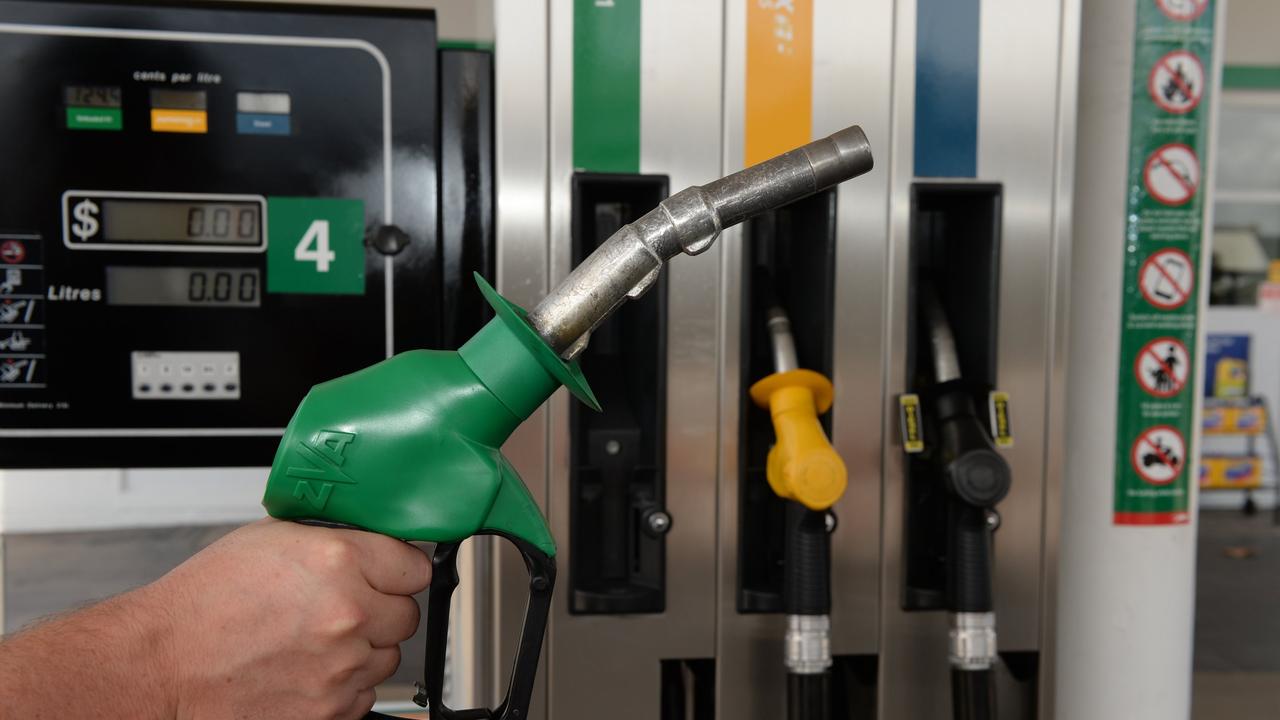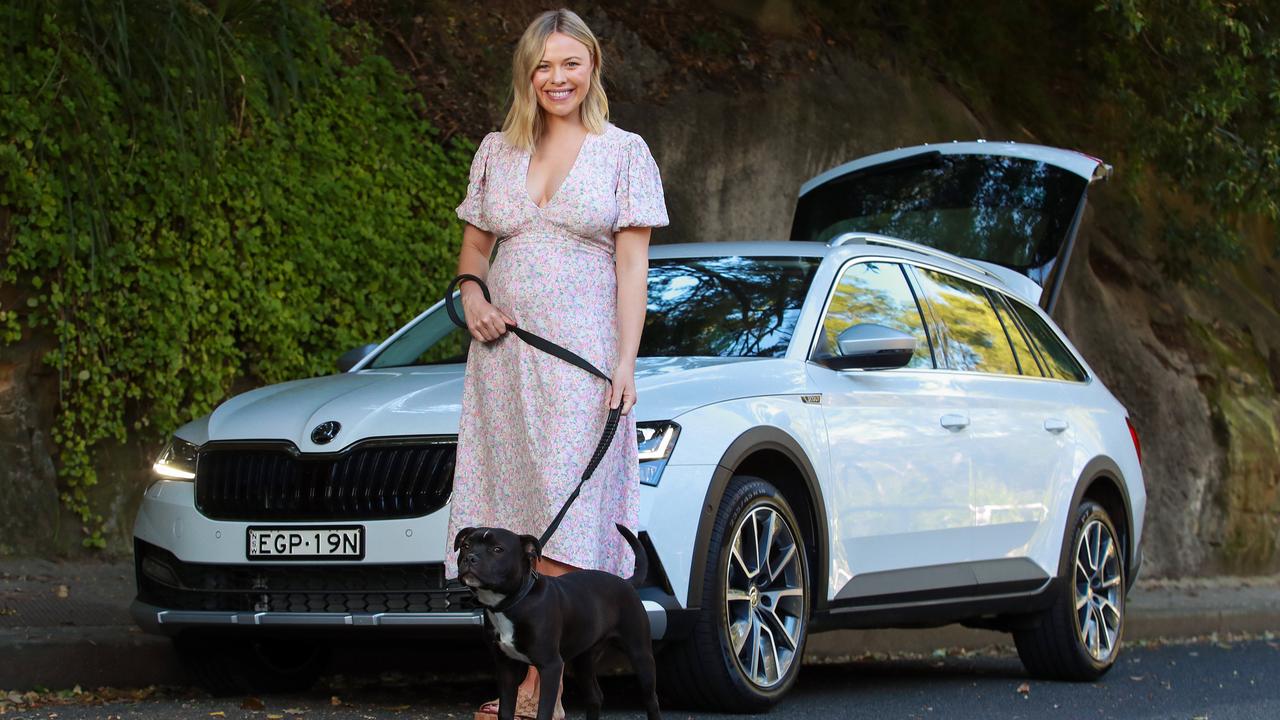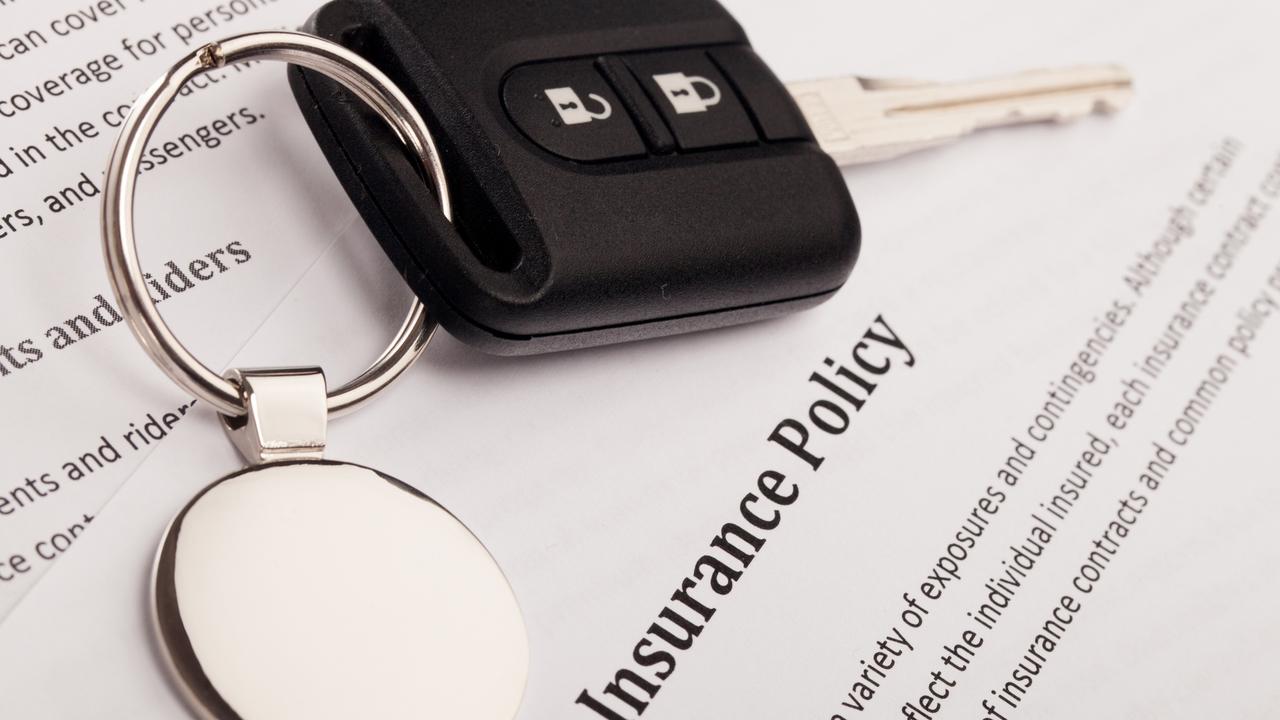Australia’s cheapest and most expensive cars to own
New cars come with a range of hidden costs that will last the life of the vehicle. And one in particular will cost you a fortune if you choose poorly.

Not all cars are created equal. While there is often only a small difference in sticker prices, the long-term running costs of rival cars can vary massively, potentially costing you thousands each year.
An annual report conducted by the Royal Automobile Club of Queensland (RACQ) has analysed 141 different vehicles and detailed the cheapest and most expensive new cars to own and run.
The research takes into account all the standard expenses associated with purchasing and owning a new car. This includes loan interest, fuel, tyres, registration, servicing, insurance and depreciation.

For the second year in a row the report found the pint-size Mitsubishi Mirage to be the cheapest vehicle to own in Australia. The Mirage cost the average owner less than $6000 a year to own and operate. This adds up to just $114 a week.
By far the biggest singular cost associated with owning a new car is depreciation; the old adage rings true of the vehicle losing value as soon as you drive it off the lot. Depreciation costs the average Mirage owner $34.50 a week, or 30 per cent of its weekly cost.
The most expensive vehicles to operate were electric vehicles. The Tesla Model X and Model S luxury vehicles both cost close to $500 a week. This is in part to brutal depreciation costs of close to $300 a week and high purchase prices of about $150,000.
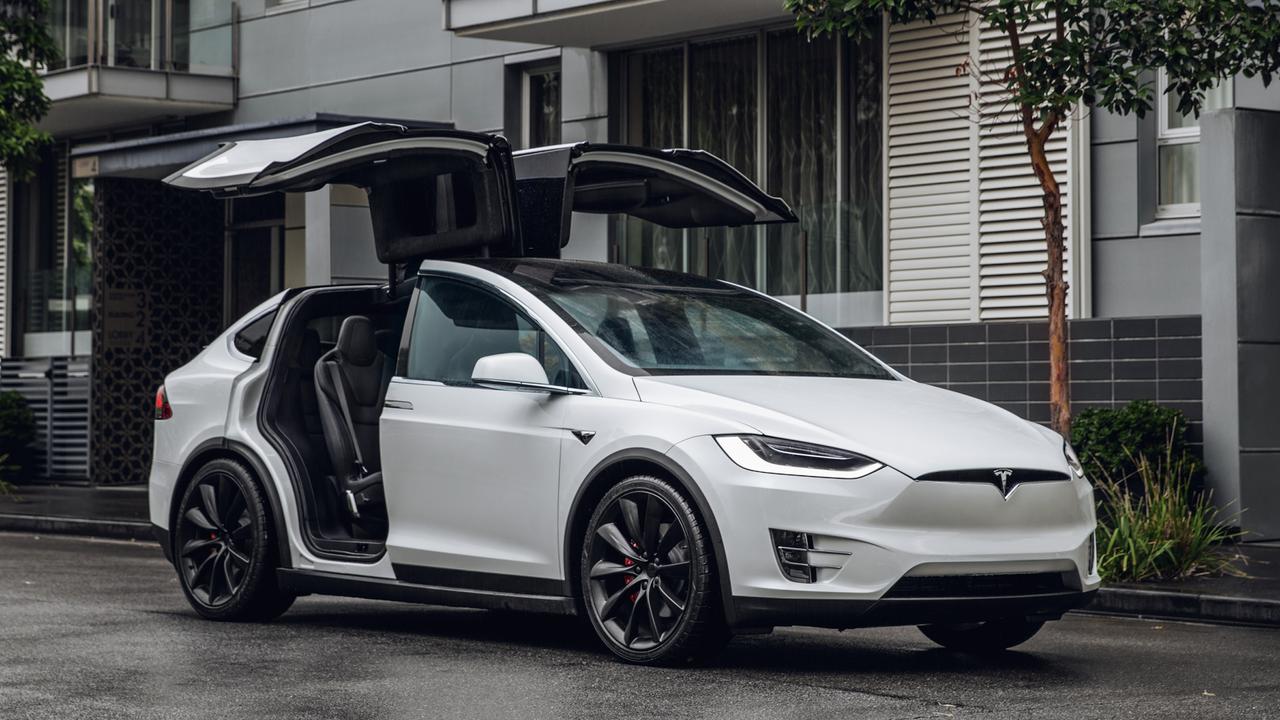
Of traditional vehicles, the most expensive to own is the BMW X5 SUV, which has an average weekly cost of $443 or more than $23,000 a year. This includes a whopping $225 worth of weekly depreciation.
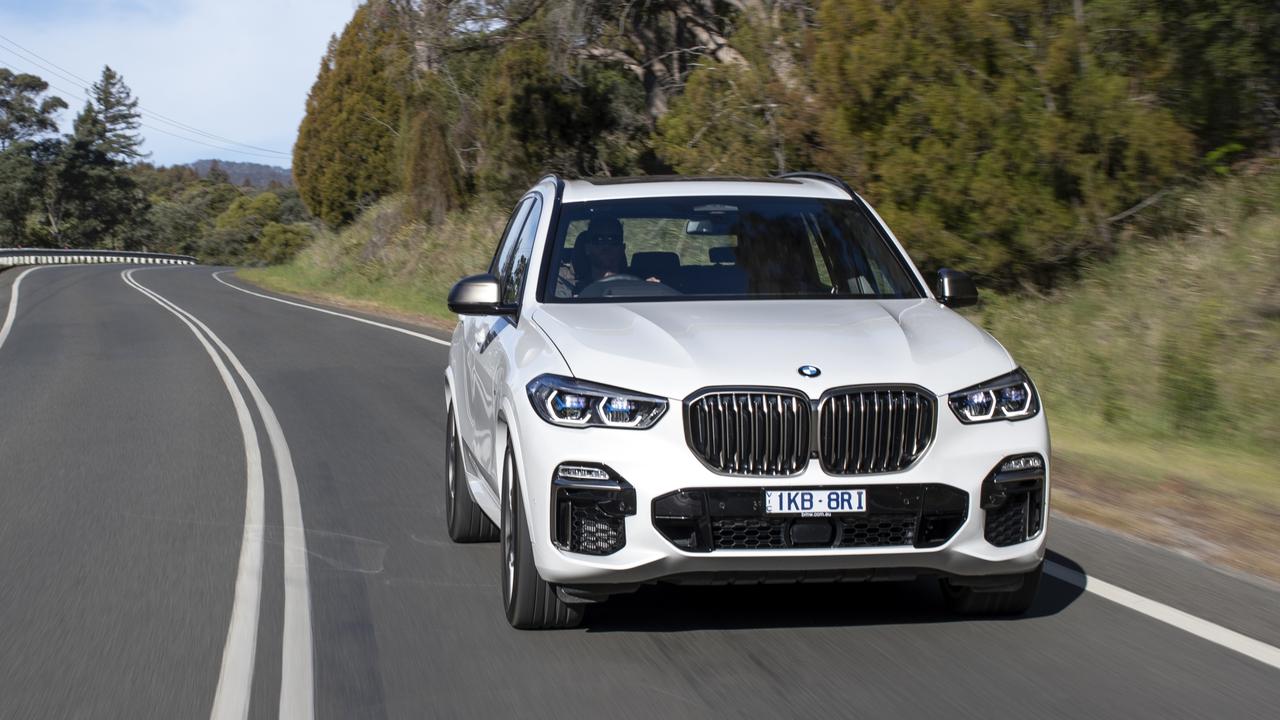
The next most expensive was the BMW 520d luxury sedan with an annual cost of about $20,000 or about $400 a week. NSW and Victorian Highway Patrol units use the higher powered BMW 530d vehicles in their fleet.
The Kia Rio delivers a lot of bang for your buck. The small car costs $6018.09 a year, just more than the smaller Mirage. The Kia’s annual cost was kept low because the vehicle has benefited from long periods of heavy discounting this year.
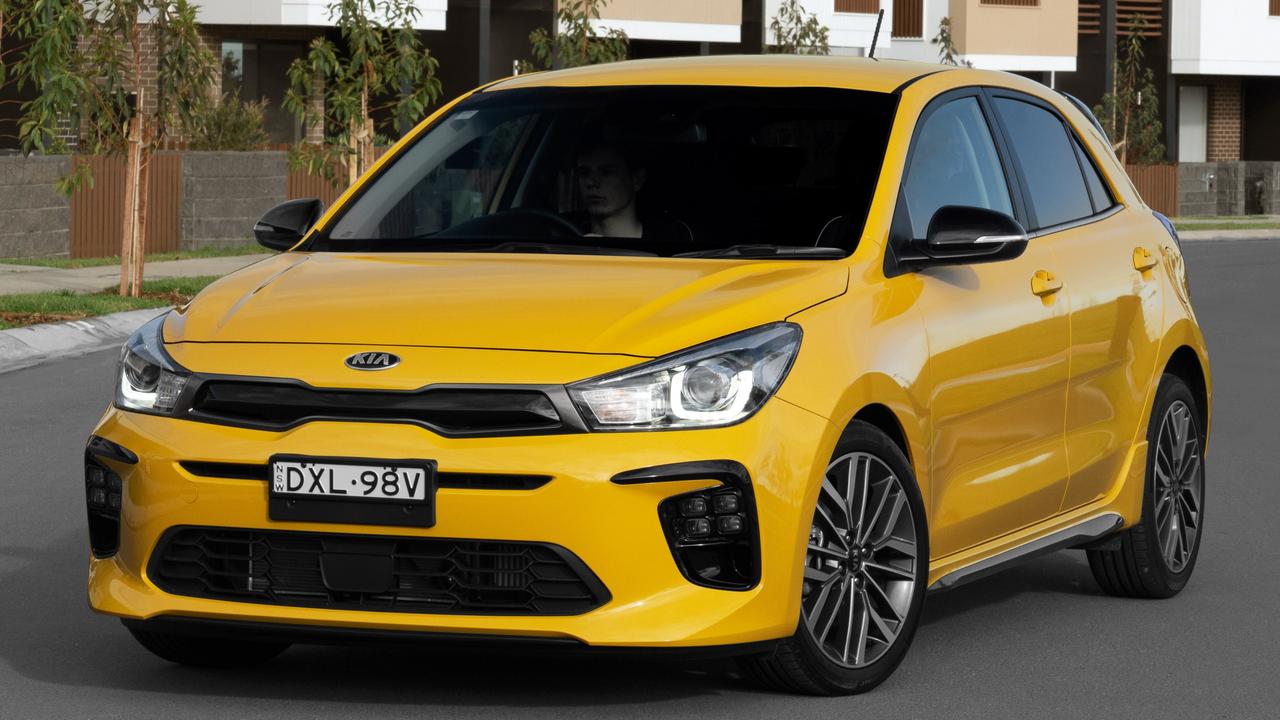
Other winners were the Kia Cerato and Holden Astra. Both small cars cost less than $150 a week.
Buyers of the Hyundai Kona, Honda HR-V and Mazda CX-3 small SUVs were winners, with each costing about $165 a week.
The new Toyota RAV4 hybrid was the cheapest mid-size SUV to run at $192 a week, just pipping the Mazda CX-5 and Ford Escape to the post.
The Mazda CX-8 was the cheapest seven-seat SUV with a weekly cost of $226.
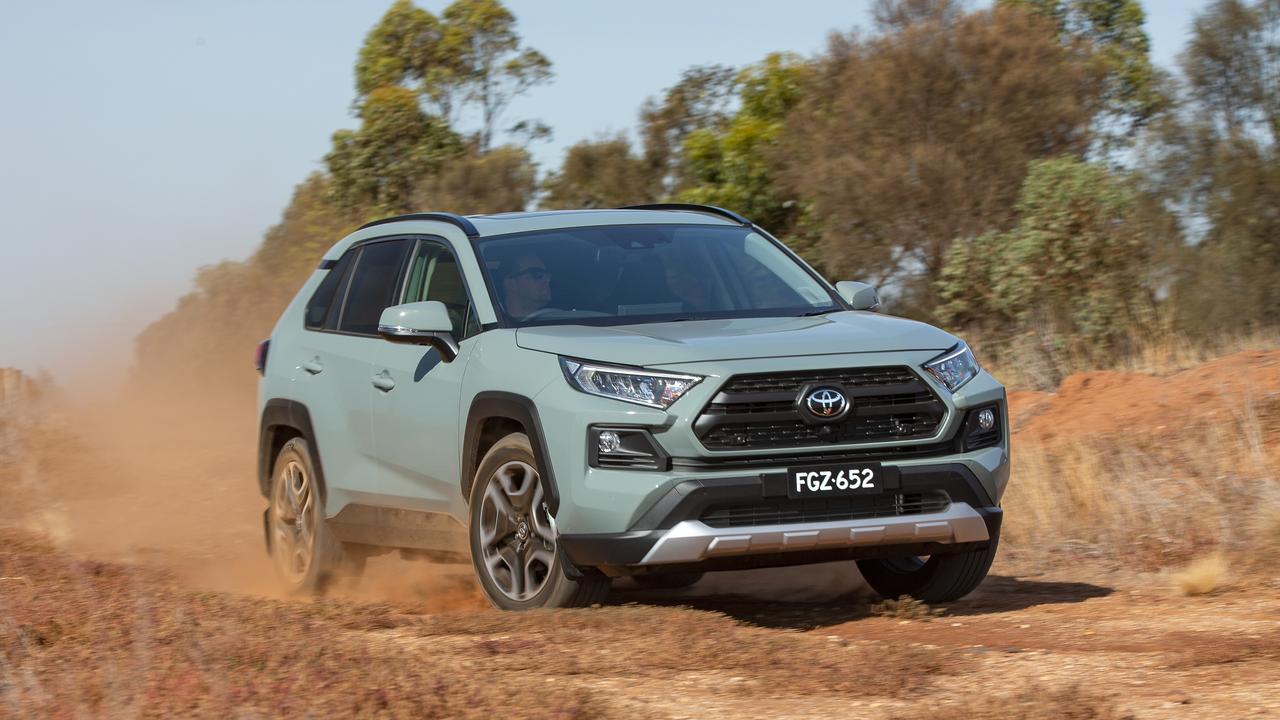
Australia’s top best selling vehicles are the Toyota HiLux and Ford Ranger dual-cab utes. But neither was the best value in its segment.
The new Mitsubishi Triton was the cheapest four-wheel drive ute to own and operate with an average weekly cost of $231. The HiLux cost $252 and the Ranger $260 a week.
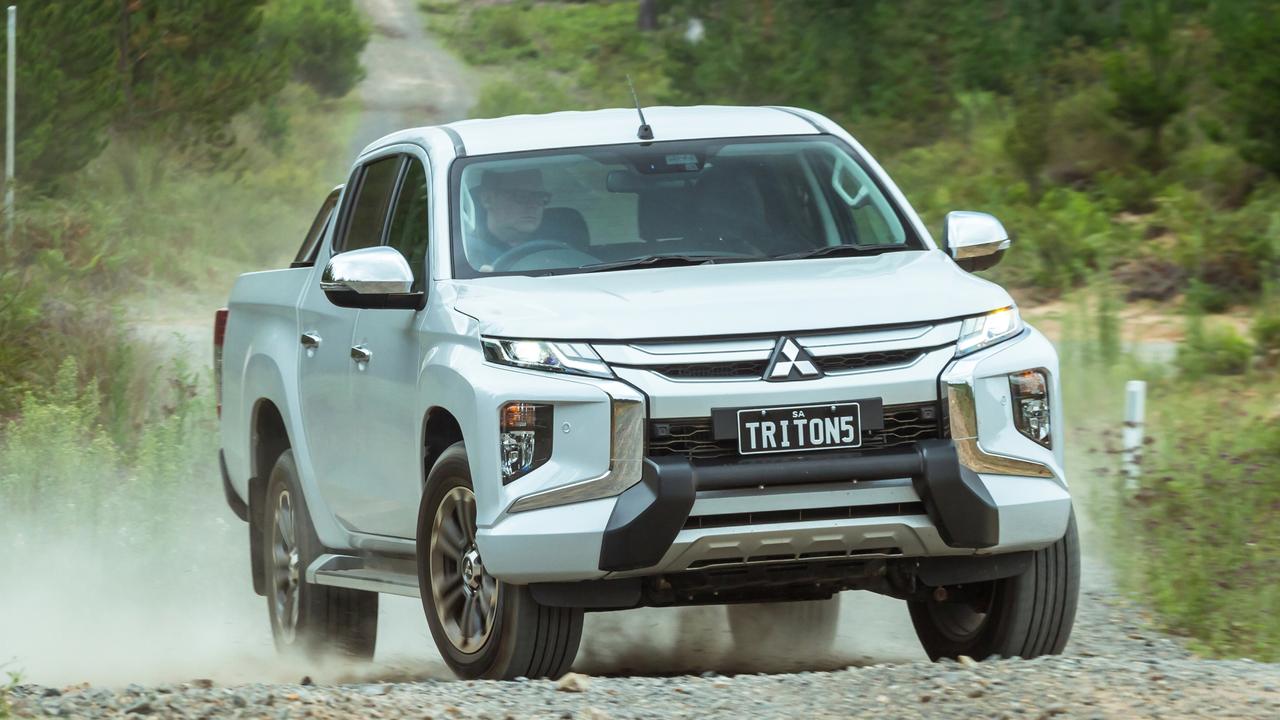
There is finally a more affordable option for drivers looking at electric cars. The Hyundai Ioniq electric small car costs $191 a week. This is only $30 more than the popular petrol-powered Toyota Corolla small car.
RACQ head of technical and safety policy, Steve Spalding, says that the Ioniq represents a huge leap forward for electric car affordability in Australia.
“This year we were able to assess the Hyundai Ioniq which blew Tesla out of the water in terms of affordability costing less than half the price at just under $10,000 a year to keep on the road,” says Spalding.
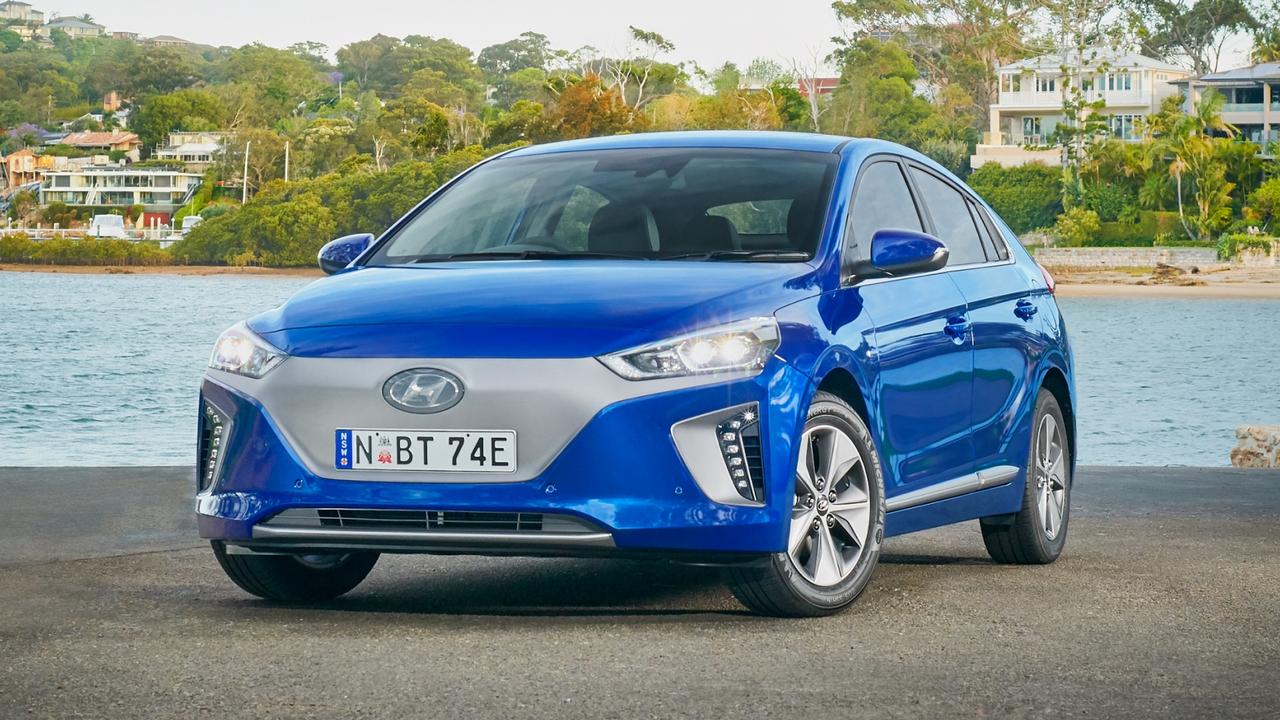
“Drivers need to be aware the Hyundai Ioniq has a higher purchase price than other small cars, so they need to weigh up the depreciation and interest costs with the fact they won’t be paying as much for fuel and will save on servicing before they opt for this vehicle.”


